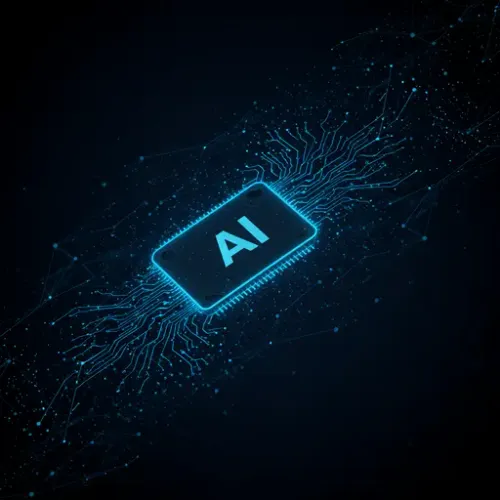Google’s top AI scientist says ‘learning how to learn’ will be next generation’s most needed skill

The AI Report
Daily AI, ML, LLM and agents news
Artificial intelligence is no longer a distant concept; it's a rapidly evolving force reshaping every facet of our lives. From the way we work and learn to how governments operate and how art is created, AI's influence is undeniable. But as this technological tide rises, are we equipped to navigate its currents? What's the single most valuable skill for tomorrow's world?
Embrace the Art of "Learning How to Learn"
Google DeepMind CEO Demis Hassabis offers a profound insight: the most crucial human skill for the future is "learning how to learn." This isn't just about acquiring new information; it's about developing the agility to continually adapt, unlearn, and re-skill as technological landscapes shift. For professionals, this means cultivating a growth mindset, staying curious, and actively seeking new knowledge and methodologies. Your ability to integrate new AI tools, understand emerging paradigms, and pivot your expertise will be your greatest asset.
AI: A Double-Edged Sword of Progress and Peril
AI's applications are diverse and often surprising. In Malawi, small-scale farmers are leveraging AI chatbots for climate resilience, receiving critical weather and agricultural advice. In the U.S., AI is even helping break down barriers for Hispanic homeownership by streamlining complex financial processes. Albania has gone as far as appointing an AI-generated "minister" to combat corruption, demonstrating a bold, albeit experimental, step in governance.
Yet, with every leap forward come significant challenges. Educators are grappling with AI-driven cheating, forcing a re-evaluation of traditional assignments. Concerns about chatbot safety for children have prompted inquiries from bodies like the FTC. We see the rise of deepfakes influencing political discourse, and complex questions around copyright emerge as AI models are trained on vast datasets, leading to high-profile lawsuits and settlements.
Practical Steps for Navigating the AI Era
Cultivate Adaptability and Critical Thinking
Prioritize skills that complement AI, rather than compete with it. Focus on creativity, complex problem-solving, emotional intelligence, and, most importantly, metacognition – the awareness of one's own learning process. Understand that AI tools are powerful, but they are tools. Critical evaluation of AI-generated content is paramount; question its source and veracity.
Engage with AI Tools Thoughtfully
Don't shy away from AI. Experiment with practical applications. Explore AI-powered nature apps for birdwatching, or understand how predictive analytics might impact your industry. This hands-on engagement fosters understanding and helps you identify both the strengths and limitations of these technologies. For organizations, this means thoughtful integration, focusing on enhancing human capabilities rather than simply replacing them.
Advocate for Ethical AI Development
Recognize the societal implications of AI. Whether it's advocating for transparent AI policies in your community or simply staying informed about debates around data privacy and algorithmic bias, your active participation matters. The future of AI is not solely determined by technologists; it’s a collective responsibility.
Your Role in an AI-Powered World
The arrival of artificial intelligence presents both immense promise and considerable responsibility. It challenges us to evolve, to think differently about skills, ethics, and our place in a connected world. By embracing continuous learning, developing keen critical faculties, and actively engaging with the technology and its governance, you won't just keep pace – you'll help shape a more beneficial future for everyone. What new skill will you commit to learning today?

The AI Report
Author bio: Daily AI, ML, LLM and agents news
